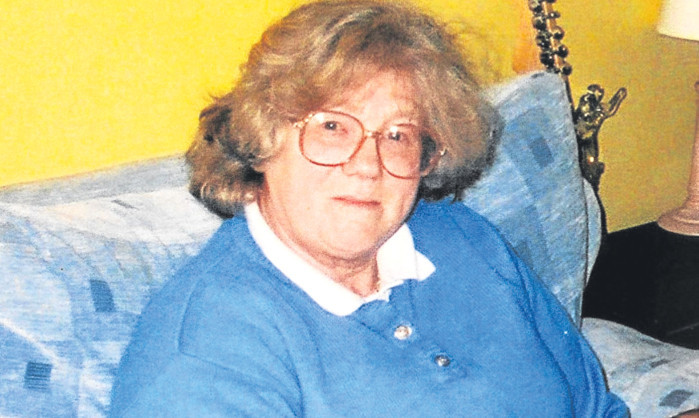
Police failures to hit dangerous sex offenders with strict court orders have been slammed by politicians and campaigners.
They are outraged the use of powerful Sexual Offences Prevention Orders (SOPOs) when compared with the number of potentially dangerous offenders on our streets is a drop in the ocean.
We can reveal less than 2% of Scotland’s 3,335 registered sex offenders living in the community are subject to the restrictive measures, which result in offenders being closely monitored and impose restrictions on their movements. By comparison, in England, 7% of offenders are covered prompting calls for a Scotland-wide shake-up.
Tory justice spokeswoman Margaret Mitchell said: “People are routinely suspicious about sex offenders being released back on to the streets. But perhaps if we took greater steps in restricting their movements, some faith would be restored.”
A Sunday Post investigation can also reveal that only 37 applications were made for SOPOs in the last year in Scotland and, despite so few being granted by the courts, Scotland-based offenders meant to be covered still managed to breach them 300 times over the past six years.
Campaigners believe the widespread failure to use them seriously undermines other initiatives.
SOPOs hand police “significant powers” including the use of surveillance, electronic tagging, curfews and prohibitions on movement. Last night one victim of a SOPO breach called for more to be done to protect the public.
Teresa Iannelli, whose mother was killed by a high-risk sex offender, has branded the system “unfit for purpose”. She said: “The flaws and weaknesses in the system need to be reviewed and fixed because at the moment SOPOs are not worth the paper they are written on.”
Teresa’s mum Rosina Sutherland, 74, was raped and murdered in her Edinburgh sheltered cottage in 2011 by Kevin Rooney. A Serious Case Review subsequently revealed the 28-year-old was labelled “very high risk” and, as such, police should have been aware of his every move under the terms of a SOPO he had breached.
Teresa, 47, of East Calder, West Lothian, added: “If this is the system we operate, then it seems the public are at risk all the time. SOPOs clearly don’t work and if errors happen there are dire consequences. Even the smallest offence can put people at risk.”
In Scotland some politicians see SOPOs as a soft-touch alternative to jail, but Margaret Mitchell believes their use needs to be significantly increased.
She added: “This is a valuable tool in keeping the public safe, and police should be using it more. If officers south of the Border can use it to good effect, that must be possible in Scotland too.”
Child protection groups are equally alarmed. Alison Todd, of charity Children 1st, believes the failure to use SOPOs more widely undermines good work in other areas.
She said: “We believe the full range of sentencing powers available should be used in dealing with sex offenders. The latest figures suggest SOPOs are not being used as effectively as they could be. There is scope for using SOPOs constructively to protect children, for example by imposing restrictions on internet use or being near to children’s playgrounds.”
Scottish Government statistics show between 2007 and 2013 there were 292 convictions for SOPO breaches and, of those, 199 cases resulted in custodial sentences.
Despite this, ministers insist Scotland’s child protection system is one of the “most robust” in the world.
Police Scotland also defended its position.
Detective Super Clark Cuzen said: “We are committed to keeping people safe and take the management of sex offenders seriously and diligently. SOPOs are one of a range of measures we have to help do this.”
Last week we revealed former First Minister Jack McConnell is fuming over a failure to use laws meant to crack down on child grooming. Our expos revealed they were being used an average of five times a year.
Kevin Rooney was jailed in 2012 for a minimum 21-year term for murdering Rosina Sutherland. He had 33 previous convictions and was a registered sex offender. Despite his record, he had been allowed to move between 21 different addresses in the previous year, and the police had no idea where he was before he killed Rosina.
Teresa accepts the death of her mother could not have been predicted, but believes more could have been done to prevent it.
She added: “In their own words he was ‘an uncontrollable, psychotic man’, and yet they still placed him unsupervised in the community.”

Enjoy the convenience of having The Sunday Post delivered as a digital ePaper straight to your smartphone, tablet or computer.
Subscribe for only £5.49 a month and enjoy all the benefits of the printed paper as a digital replica.
Subscribe